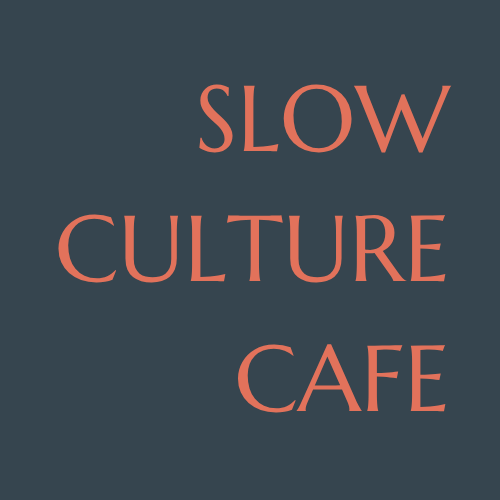The Rise of Climate Fiction
Once a niche corner of speculative science fiction, climate fiction—or cli-fi—has evolved into one of the most urgent and emotionally resonant genres in contemporary literature.
From Niche to Mainstream — The Rise of Literary Cli-Fi
Climate change, one of the most critical issues of our time, is finally taking center stage in society through literature. So, how can literature help ensure that this vital topic is read by as many people as possible and draw attention to it? Today’s novelists are not only imagining dystopian futures but grappling with our present climate anxiety, ecological grief, and the moral questions of survival and responsibility.
And So I Roar by Abi Daré wins the Climate Fiction Prize 2025, which shines a great spotlight on this growing literary movement, as authors across Canada, the US, and Europe use storytelling as both a mirror and a catalyst. From richly imagined near-futures to poignant present-day narratives, cli-fi is no longer science fiction — it’s a cultural necessity.
What once lived on the fringes of science fiction now thrives at the heart of literary fiction. Stories set in a world shaped by rising seas, burning forests, and shifting climates are no longer speculative—they are grounded in science and urgency.
Novels like Téa Obreht’s The Morningside or Charlotte McConaghy’s Migrations blur the line between lyrical prose and environmental awareness, showing how climate fiction has matured into a vital tool of cultural reflection and engagement.
Writing Through Environmental Anxiety
Authors are increasingly giving voice to the emotional undercurrents of the climate crisis: fear, grief, and even a strange hope. The Climate Fiction Prize shortlist featured influential works exploring these emotions—stories that do not merely predict catastrophe, but explore what it means to be human in the face of it.
With Abi Daré’s characters, who show how the climate crisis is affecting their lives, where often women are the victims, cli-fi reminds us that climate change is not just a science issue — it’s a profoundly human one.
Stories That Urge Action and Reimagine Futures
Great stories don’t just reflect the world — they reshape it. Many of today’s cli-fi novels inspire readers to act, reimagine, and reconnect with the planet. Works like The Ministry for the Future by Kim Stanley Robinson have sparked wide-ranging discussions on policy and ethics.
This narrative gives form to futures worth fighting for — and offers readers a sense of agency in a time of paralysis.

